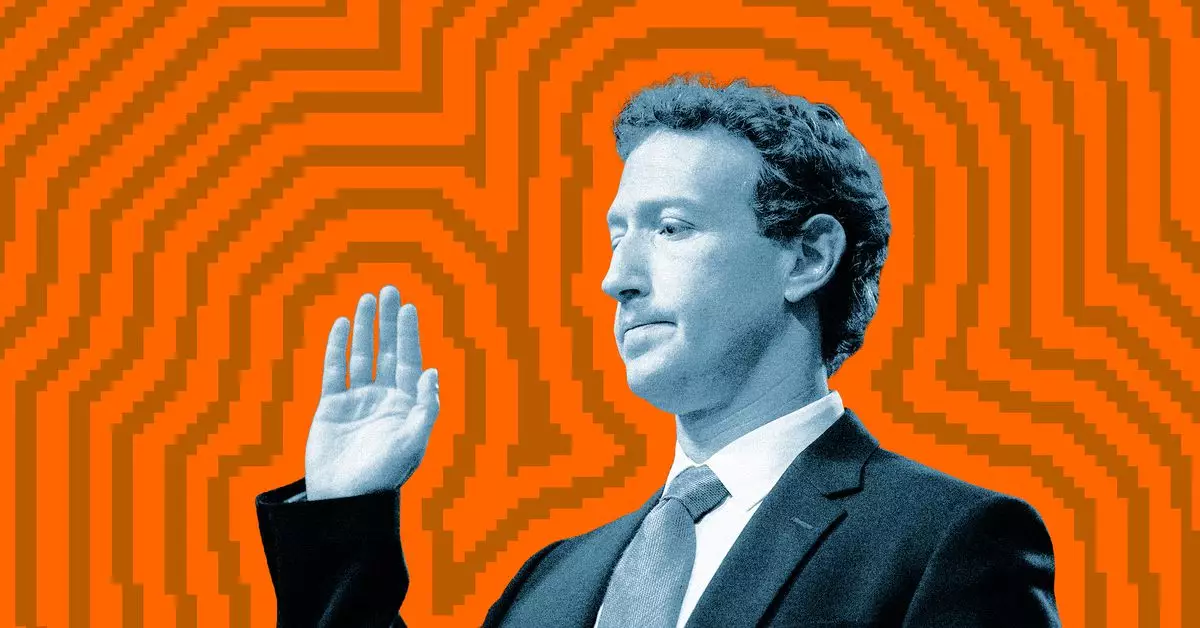In recent years, the intersections between technology and politics have become increasingly pronounced, especially in the context of the influence powerful tech leaders wield over electoral processes and public opinion. The recent dinner meeting between Meta CEO Mark Zuckerberg and President-elect Donald Trump at Mar-a-Lago provides an emblematic case that merits closer scrutiny. This encounter raises pertinent questions about the implications of such relationships on American innovation and democratic integrity.
The meeting itself is a microcosm of the larger narrative surrounding the role of tech companies in politics. As a leader of one of the most influential social media platforms, Zuckerberg holds substantial sway not only over how information is disseminated but also over the kind of information that is prioritized or suppressed. This has been particularly concerning given the extensive criticisms Facebook has faced regarding its handling of the 2020 presidential election and issues related to misinformation.
Meta spokesperson Andy Stone’s remarks amplify the urgency of this conversation, underscoring the necessity for dialogue that can shape the future of American innovation. However, this notion of “innovation” must be critically examined. Whose interests are being served when tech CEOs meet with political figures? The cozy relationship between Zuckerberg and Trump could signal a troubling trend where business interests overshadow public accountability, particularly when both figures possess significant influence over their respective domains.
Zuckerberg’s past actions, notably his alleged personal contributions to initiatives geared towards mail-in ballots, have sparked considerable debate about the ethical implications of such involvement. Critics have pointed to a perceived hypocrisy in advocating for free expression while simultaneously leveraging considerable resources to influence electoral mechanics. This duality raises a question: can a platform that emphasizes user engagement and participation truly champion democracy while also navigating the choppy waters of political favoritism?
Moreover, the implications of Zuckerberg’s meetings with high-profile politicians extend beyond mere personal relationships—they can set precedence for how tech companies interact with governmental entities. The nature of these interactions may evoke questions surrounding the autonomy of social platforms and their responsibilities to ensure fair political processes. These dilemmas are compounded by the public’s apprehension about the repercussions of concentrated power in both sectors.
Ultimately, the dinner meeting between Zuckerberg and Trump is a reminder that tech leaders are now, more than ever, pivotal stakeholders in political discourse. As we traverse this new landscape, it is imperative to redefine what innovation means in the context of democracy. Is it about technological advancement for its own sake, or should it encompass a commitment to transparency and accountability?
For the future of American innovation, the narrative must shift towards a model that prioritizes ethical standards and civic responsibility over mere profit and influence. Tech leaders must embrace their role as stewards of public trust and work towards bridging the gap between innovation and the fundamental principles of democracy. The implications of their actions will resonate far beyond boardrooms—they will ultimately shape the democratic fabric of society.

